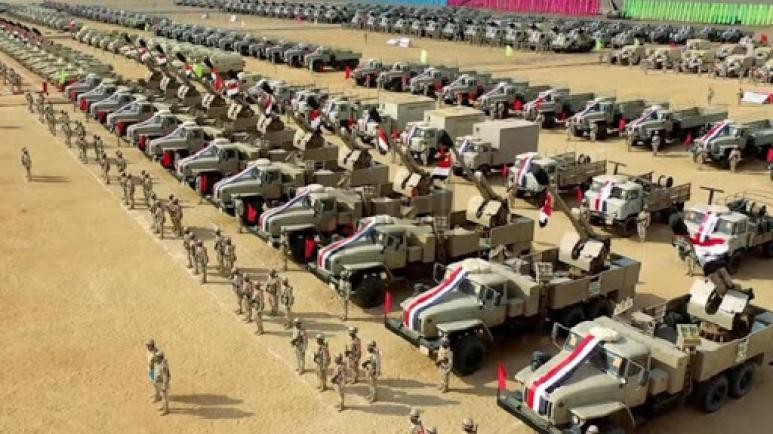Today’s headlines convey the state of extreme anxiety that has followed sectarian strife in the working class district of Imbaba that left 12 people killed, more than 200 injured, and a church and several buildings torched.
Privately owned paper Al-Shorouk runs the headline “The fire of Imbaba is burning Egypt," while the liberal Al-Wafd calls the incidents in the Cairo neighborhood a “Civil war in Imbaba.”
“Egypt in danger,” says the headline of the state-run Al-Akhbar, before detailing the investigations taking place.
The paper quotes Interior Minister Mansour al-Essawy, who visited the churches of Saint Mina and the Virgin Mary in Imbaba on Sunday, as saying that there had been no weapons in the church but a Coptic cafe owner close by started firing bullets in the air.
On it fourth page, it interviews General Hamdy Badeen, a military police commander, who said the army prevented a disaster in the neighborhood. Badeen said the army initially separated Muslims from Copts, and then it sent in personnel to guard the churches while others confronted people agitating the situation.
The paper also interviews Sheikh Mohamed Ali, considered the most prominent figure among the Salafis in Imbaba, who said “Thugs ignited the sectarian strife.” Ali denied Salafis' implication in the violence. “Not every man with a beard is Salafi,” he said, adding that “hurting Christians and destroying their worship places in prohibited in Islam.”
Similarly, state-run Al-Gomhurriya quotes a prominent Salafi cleric and spokesperson Abdel Moneim al-Shahat as saying the incidents don’t represent true Salafi thinking. Shahat added that people should not mix up Salafism with the calls made by the newly established "Coalition to Support New Muslims" to free Kamilia Shehata – a Copt alleged to have converted to Islam.
Last month, the coalition staged large demonstrations to free Shehata, alleged to be held in a church against her will. But in an interview this week with Al-Haya, a Christian television channel broadcast from the US, Shehata said she is Coptic and has not converted to Islam.
“This coalition is not considered Salafi,” argued Shahat, the Salafi cleric.
As for the Muslim Brotherhood, state-run Al-Ahram quotes the group's statement that said, “There is nothing like this criminality present in Islam."
Al-Ahram also covers the emergency cabinet meeting held by Prime Minister Essam Sharaf, who postponed his plans to travel to the Gulf. The paper reports the cabinet's announcement that it will not impose exceptional or emergency measures to restore order in Imbaba.
The paper quotes Minister of Justice Mohamed al-Guindi as saying the government has warned that those who threaten the country's security will face "an iron fist." He added that the cabinet will "immediately and firmly implement the laws that criminalize attacks against places of worship and freedom of belief," which would allow the application of the death penalty.




